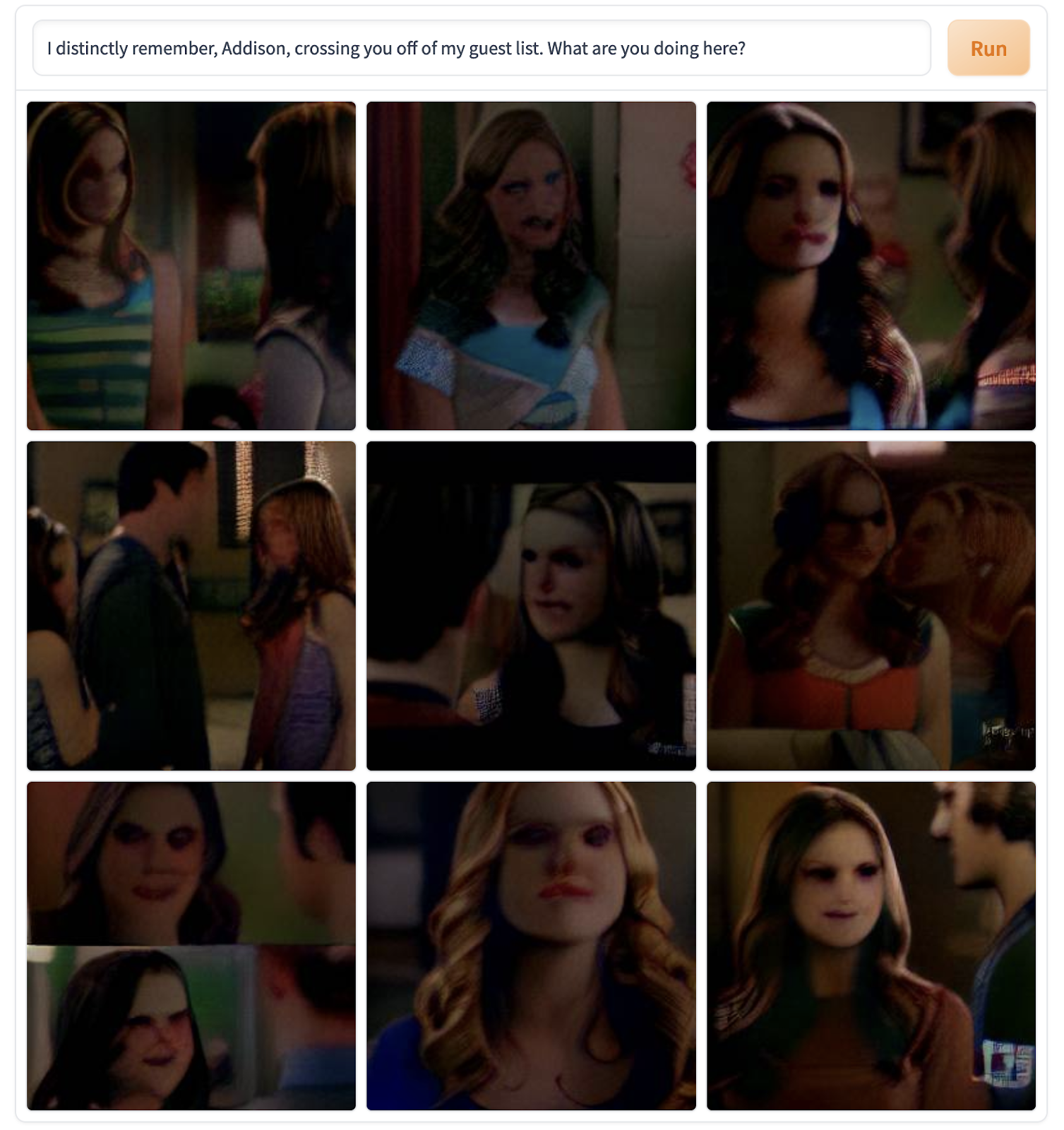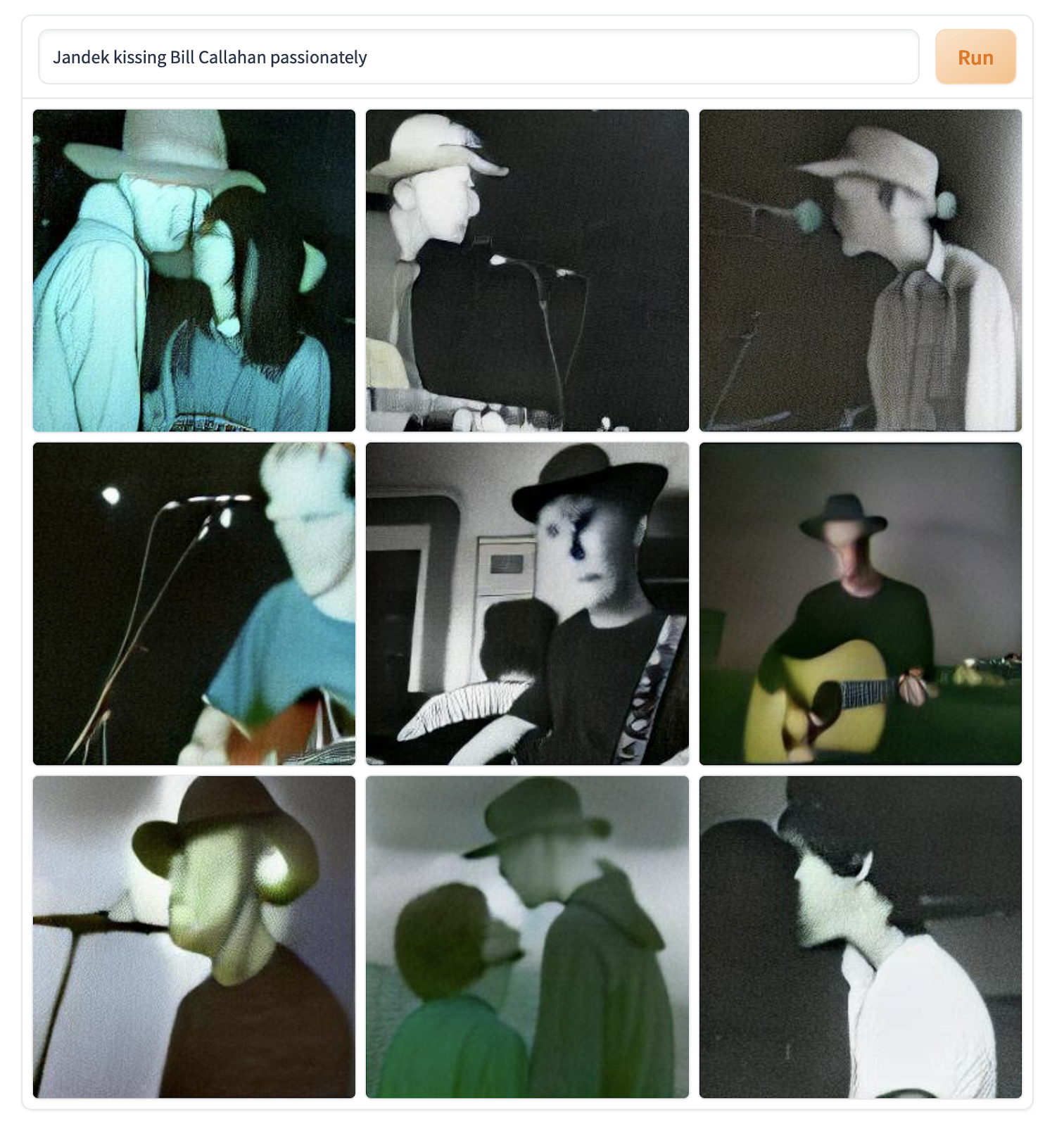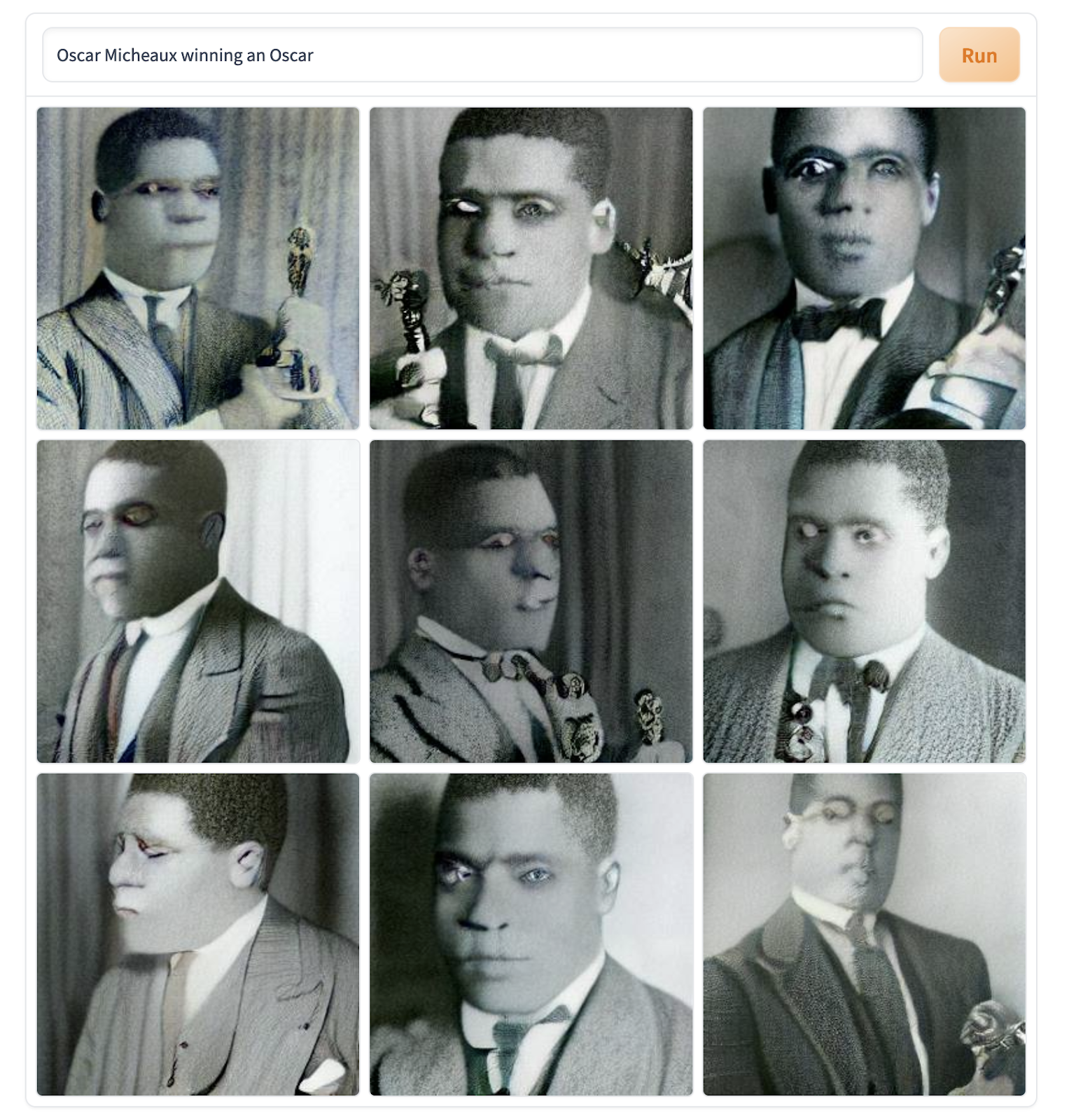1. Elvis (Baz Luhrmann, 2022). Baz Luhrmann films are less about the past than the historical processes that erode cultural boundaries. 200 years from now, few humans will be able to or, more precisely, even care to make qualitative distinctions between Elvis and Eminem, between rock 'n' roll and hip-hop. Luhrmann merely speeds up the process. Several key Elvis tracks heard in the film appear as snippets in remixes featuring contemporary artists. Eminem joins Cee-Lo Green for "The King and I" over a sample of "Jailhouse Rock." Ribbons of Big Mama Thornton's original version of "Hound Dog" flutter in and out of Doja Cat's "Vegas." "That's All Right" becomes "Tupelo Shuffle," an EDM hoedown courtesy of Diplo, Swae Lee, and Austin Butler, the cutie pie tasked with bringing The King back to life on screen. On one level, this reconception of his oeuvre is a cynical attempt to make Elvis more relevant to the Gen Z audience necessary for a box office hit. And according to an excellent, informative Los Angeles Times article by Stephen Thomas Erlewine, Presley's waning relevance proves his legacy needs all the help it can get. But on a more decisive level, this is simply the way history flattens out anything in its path. Anyone upset with Luhrmann's TikTokification of the Presliad (and let's face it - giving apoplexy to Boomers, rockists, and other sticks in the mud is reason enough to celebrate Luhrmann's achievement) should learn to make qualitative distinctions between Al Jolson and Bert Williams or Maurice Rollinat and Louis Moreau Gottschalk.
1a. As of last November, the Sirius channels 50s on 5 and 60s on 6 have moved from channels 5 and 6 to 72 and 73 and are now called 50s Gold and 60s Gold. Enjoy 70s on 7 while you still can.
2. Pistol, "Track 2: Rotten" (Danny Boyle, 2022). More flattened-out history. The requisite "punk killed prog" moment in the fun but pretty Wiki FX miniseries about the Sex Pistols occurs in this episode. McClaren is watching Rick Wakeman on TV with the band. "This is what rock 'n' roll music has become," he intones."A mind-numbing sedative for the masses and another means of control." But tomorrow night, they have their first gig at Saint Martin's School of Art which is where they will "launch [their] mission of destruction." The band pound through "Seventeen" at the gig until a member of the headliner, Bazooka Joe, pulls the plug on them. A brawl ensues but it's scored to Rick Wakeman, something from a 1976 live show. Punk icon Jordan lumbers down a hallway with a television set in her arms, the Wakeman show playing on the screen. As if burdened by the dinosaur-sized pretension of the music as much as the weight of the set, she laboriously hoists it out of a third-story window and the episode ends. The problem with this history lesson is not that the symbol is so heavy-handed but rather, for a good ten seconds, the Wakeman track pounds almost as hard as the Pistols do. One might mistake its Can-like clacking and hyper keyboard runs for, well, punk.
3. Nikhil Pal Singh, "America's crisis-industrial complex," The New Statesman, June 30, 2022. Singh takes on alarmist narratives predicting a new civil war in the United States and asks, as any good historian should, civil war for whom? "[I]n the zones of precarity where many people dwell, impoverished, unsheltered and overpoliced, civil war is ongoing."
4. Benediction (Terence Davies, 2021). Not an easy film to like. Scarred Catholic, Beatles hater, and celibate gay man Davies dramatizes the life of the British poet Siegfried Sassoon, a conscientious objector to WWI who bedded many prominent men (Ivor Novello, most prominently) before marrying a woman, fathering a son, and ending his life as a devout Catholic. And yet the dour mood this scenario promises materializes only fitfully. Davies alternates between unflinching WWI footage and acres of self-loathing, on one hand, and an often funny demonstration of camp as survival strategy, on the other. Sassoon's every appointment with the Novello set becomes an occasion to hurl staircase wit at one another. Benediction is about gay men making do in a time when homosexuality was outlawed, a time never far from the present and never far from tomorrow. Like any era, that includes ebullience along with despair. The final shot shows a young Sassoon (Jack Lowden) recalling the poet Wilfred Owen, a past love who died in battle at 25. We hear Sassoon end a recitation of Owen's grueling poem "Disabled" as Davies tracks in to Sassoon's face. Saying nothing, he breaks down in enraged tears, regains his composure, and then break down again in a shot Davies holds for over two minutes. It is now in the running for the greatest acting moment in cinema history.
5. Vortex (Gaspar Noé, 2021). Not an easy film to like. What Noé film is? Dario Argento (!) and Françoise Lebrun play an unnamed couple struggling with old age. Lebrun suffers from dementia and Argento grows frustrated taking care of her while trying to write book on cinema and dreaming. Most of the film plays out in split screen which gives Noé the license to double up on the feel-badisms. At one point past the two-hour mark, one side of the screen shows Lebrun jamming a plunger into a shit-stained toilet while on the other side, her son Stéphane (Alex Lutz) smokes crack just as his young son walks into the room. Still, this is Noé's most even-tempered, calmly observed outing. The split screen reminds us of how alienated we can become from even those closest to us. The mountains of film books amassed by Argento serve the same pitiless function.
6. Stiff Competition (Paul Vitelli, 1984). Genuinely funny porn film about an annual Suck Off contest. "One of the last hurrah’s [sic] from the hardcore theatrical era," which you know from the scene in which three old gals watch the contest on cable TV and expect some hardcore action. Released by Peekarama/Vinegar Syndrome on 4K UHD and Blu-ray with a commentary track featuring lead actress Gina Carrera (sparkling as Tammy the Tongue) and historian Casey Scott.
.png)
7. Amyl and the Sniffers: Comfort to Me (ATO, 2021). At 23, Aussie Amy Taylor has the world in front of her and she writes about the prospect with the guilelessness of someone ten years her junior. She implores the freaks to the front, warns you that it's her body, her choice, wants to rent a Hertz and see the country, don't need a cunt like you to love her, and hey - Jamie just texted her the addy to the party. The music juices punk speed with heavy metal heft as Taylor yelps and barks up top. Whoever's up (or down) there, please let her suffer no setbacks. Because we can use more songs like "Don't Fence Me In": "I wanna be part of everyone and everything/I'm not in your scene/That shit's limiting/I like elements of everyone and everything." Cole Porter would be proud.

8. Enormous Richard: "Steve Pick: Music Critic" (self-released, 1990). Steve Pick is a Facebook friend who quietly dropped a YouTube link to this song...about him...a music critic...a honor reserved for precious few in the profession! As Steve explains, "I wrote an article about them for the Post-Dispatch and during the interview, they told me they could write a song about any subject, even me. They asked me a handful of questions about myself, and two or three days later, they presented me the lyrics to this song. I used to play comb and tissue paper solos with them when they played it live." If Peter Stampfel ever had a b-side, this would sound like one. The lyrics rhyme Ichabod Crane with Tom Verlaine and talk about Steve's love for the Minutemen. It's spirited enough to make me put out an APB for the Enormous Richard's Almanac 30 Skuntry Hits cassette from whence it came.
9. Blind item. There's a restaurant in Manhattan where the food is great and the climate is just right. There are two clean, spacious bathrooms. Best of all, it's never crowded and always quiet. And I ain't telling your ass the name or location. As this 2018 Atlantic article explains, restaurants have become too loud due largely to the lack of sound absorbers in contemporary architectural design. With some establishments reaching 90 decibels, placing them into the harmful range, I'm keeping this one to myself (and anyone else I surreptitiously take there).
10. DALL-E mini. The Wordle of June and lots more fun. Type in a prompt here and an AI model will generate a series of hilariously bent and often extremely unsettling images for you. The fun is as much about input as it is about output and offers the user a chance to right history as I have done for you below. Note, however, that my attempts to make Jandek gay were unsuccessful. And as the question of who owns these images remains murky for now and probably always, I want to make clear that the first four inputs are not mine. But I couldn't resist that center right picture of Mr. Rogers hugging GG Allin.
Labels: Amyl and the Sniffers, Baz Luhrmann, Elvis Presley, Gaspar Noé, GG Allin, Jandek, monthly top ten, Sex Pistols, Terence Davies, Vinegar Syndrome






.png)
























